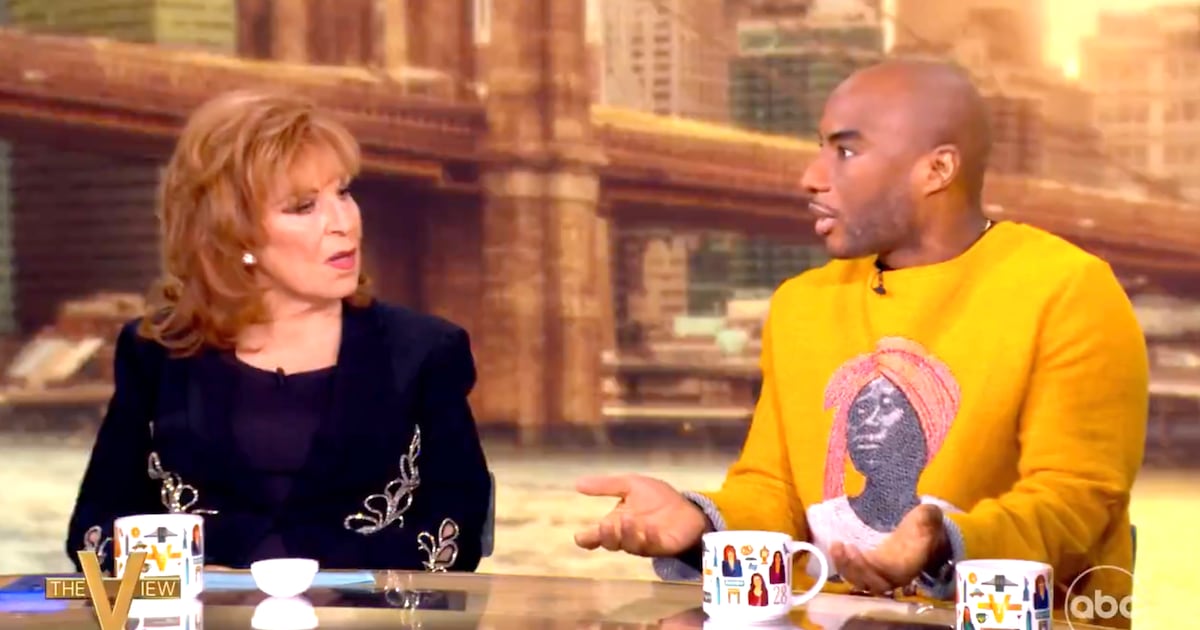Praise Aqua Buddha! Rand Paul, the United States senator from Kentucky and Republican presidential candidate, has been gifted a news cycle that feels designed—by a certain false idol, perhaps—to flatter him.
First, the House of Representatives passed the USA Freedom Act, which, while ending mass phone data collection, extends much of the 2001 Patriot Act that Paul vehemently opposes. That position puts Paul at odds with exactly the sort of people he wants to be at odds with: more moderate primary hopefuls Jeb Bush and Chris Christie, both of whom support NSA surveillance on American citizens.
Paul’s preparing to milk that contrast for all it’s worth by threatening to filibuster. “I have until May 19th to mobilize the grassroots for this fight and I’m counting on your immediate support,” he told donors via e-mail Thursday. “I need to know right now if I can count on you to stand with me as I filibuster the so-called PATRIOT Act.”
ADVERTISEMENT
Then Paul was handed another opportunity.
As Bush campaigned on the West Coast, he was asked a fairly obvious question: Knowing what he knows now, would he have supported his brother, George W. Bush, in his decision to invade Iraq in 2003? “Yes” or “I don’t know” were his stammering answers.
“Talking about the future is more than fair,” Bush said. “Talking about the past and saying how you would have done something after the fact is a little tougher and it doesn’t necessarily change things.” He dismissed such “hypothetical” questions.
Paul, who has consistently said throughout his political career that he opposed the war in Iraq, responded in an interview with Politico: “I don’t think it’s hypothetical whether or not it’s a good idea to topple secular dictators in the Middle East and hope to get a good outcome and hope that stability comes thereafter.” Iraq, Paul said, was an example of such a strategy failing.
Politico reported that Paul added: “I think what [Bush’s] foreign policy will be—and whether or not it’s the same as his brother’s—is very important to bring up. I think they are good questions.” (Mind you, this is the same Rand Paul whose campaign does not entertain questions about his isolationist father.)
Bush has since completely walked back his comments about Iraq. His new position is: “Knowing what we know now, I would have not engaged, I would not have gone into Iraq.”
Then, another gift: It was revealed that George Stephanopoulos, presidential debate moderator and face of ABC News, had made contributions to the Clinton Foundation totaling more than $50,000. Paul teed off on Stephanopoulos in an interview with The New York Times, saying: “It’s impossible to divorce yourself from that, even if you try…there would be a conflict of interest if he tried to be a moderator of any sort.” With that, Paul articulated the feelings of many on the right who feel that the so-called mainstream media has an inherent liberal (or Hillary) bias.
After an eruption of flattering press last summer, wherein Paul was dubbed the most interesting man in politics by several mainstream publications, including TIME, intense interest in Paul and his ideas had plateaued.
The senator was, for months, the only Republican would-be candidate who was truly acting like a candidate by traveling the country, press gaggle in tow, to give speeches and raise money. He had no competition surrounding him to provide contrast, which made it difficult to keep things interesting. You can only be surprised by someone calling Libya “Hillary’s war” so many times, really.
This week would seem to suggest that the more material Paul has to work with from his opponents—Republican or Hillary—the less likely Paul-fatigue will persist.
The problems may arise when it comes time for Paul to articulate what he would do in a leadership position, and not just what he wouldn’t do, knowing what he knows now, in retrospect, etcetera. Paul is uniquely skilled at pointing out the flaws in others, but despite having spent close to a year attempting to clearly define his own foreign policy for his supporters, his vision for the country and its role in the world remains blurry.





